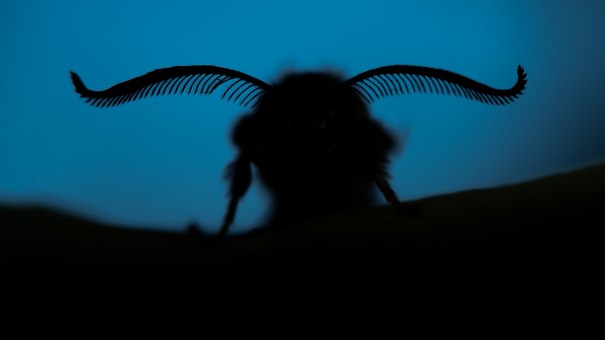
Some of you might know I started recording (all) moth species that occur in my backyard. With the help of a skinner trap and pheromones I managed to identify 204 species of moths in 1 year of recording (around 35 sessions). Special thanks to Davy De Groote who did most of the identification for me as I stalked him with pictures. After being captured and identified, the moths are being released.
Update July 2018: 355 species.
Update July 2019: 401 species.
Update August 2020: 448 species.
Why the hell would you want to record moths? Well, they are just beautiful (ok ok not all of them are), mysterious and interesting.
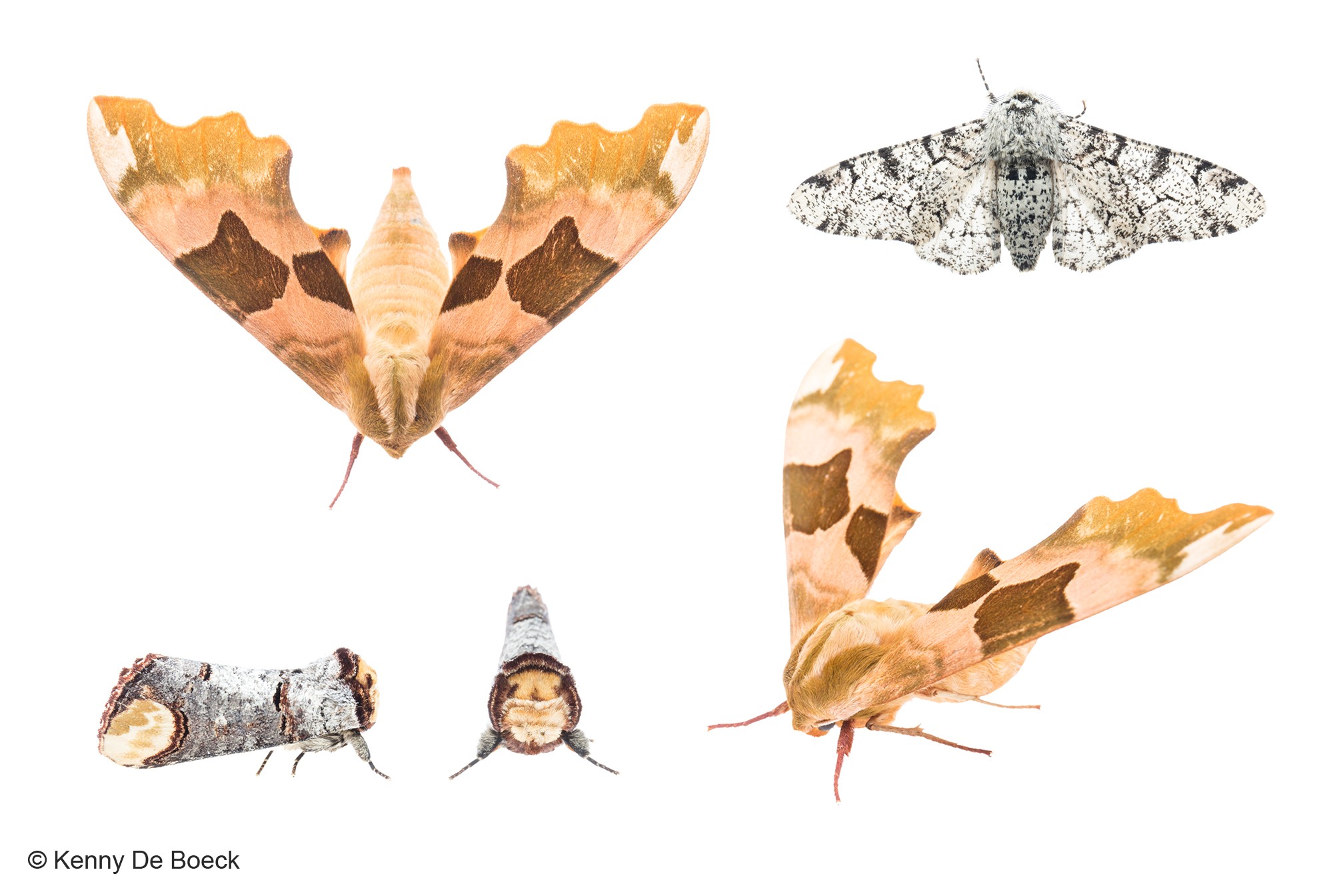
The lime hawk-moth, Peppered moth and Buff-tip.
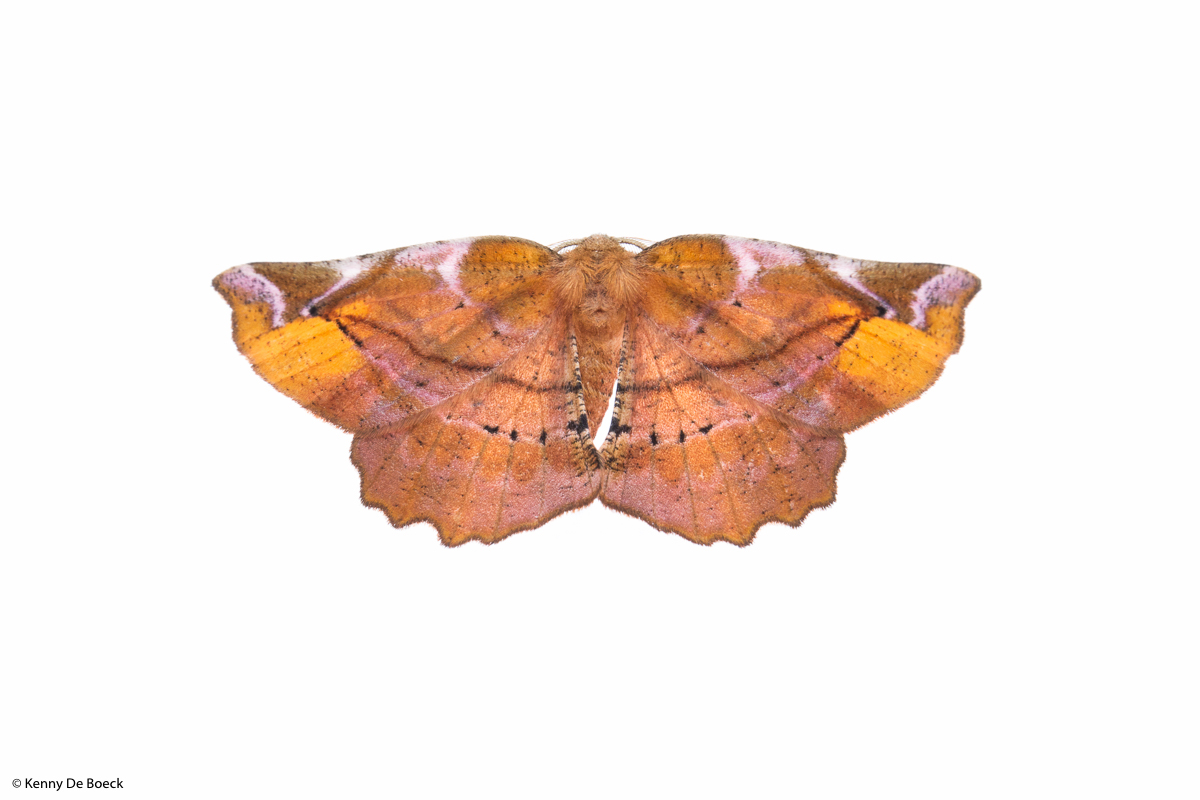
The lilac beauty
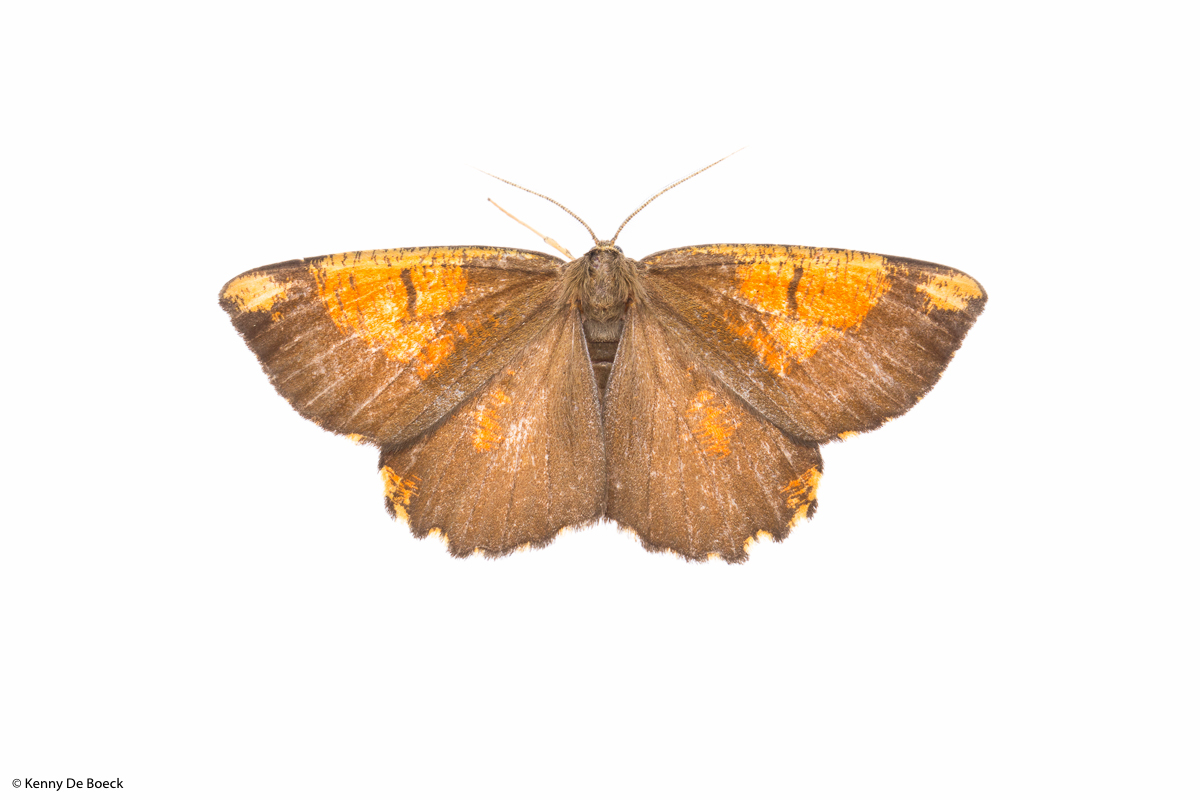
The orange moth
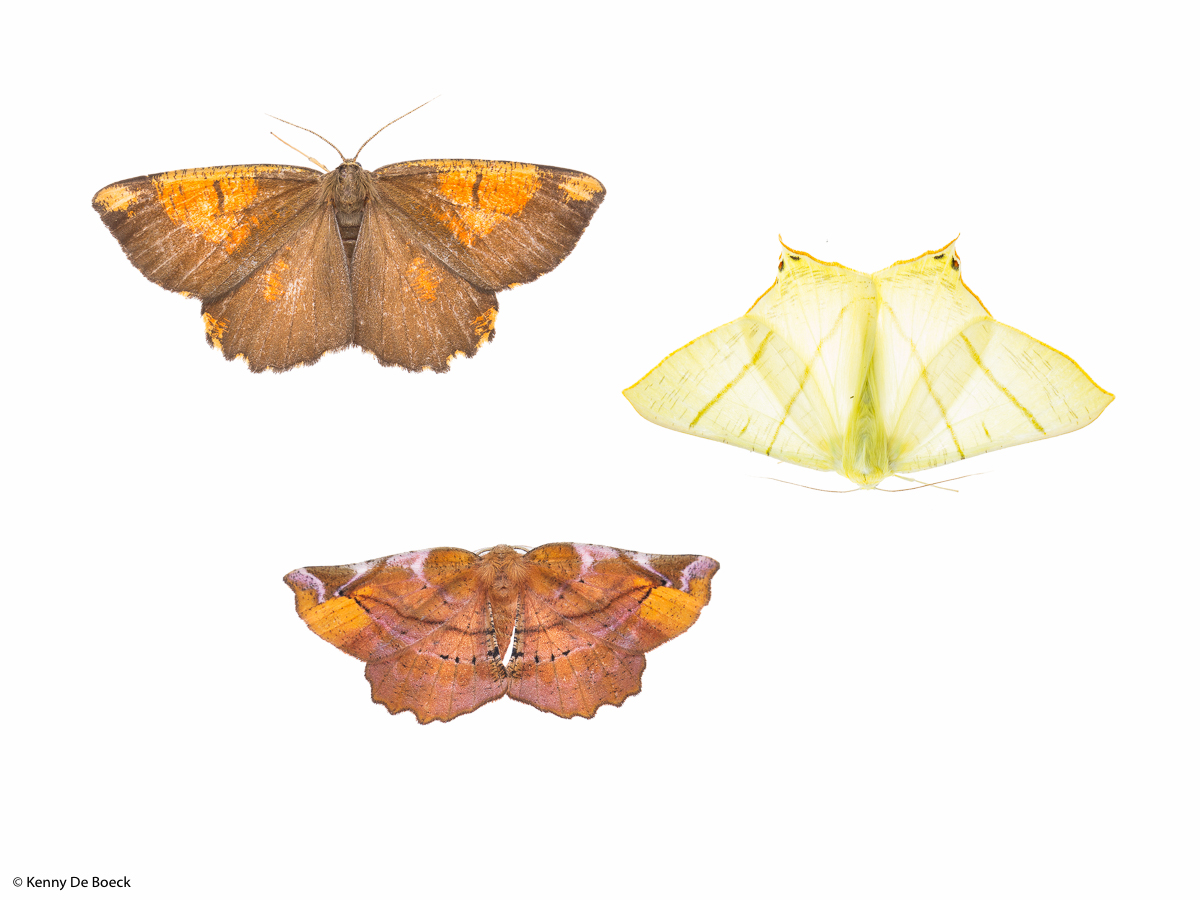
The orange moth, The lilac beauty and The swallow-tailed moth
The pictures above were taken the “MEET YOUR NEIGHBOURS” way. Basically that means: on a thin white plate with flashlights from underneath.
Despite being notorious for eating clothing, most moth adults do not eat at all. Many moths do not have mouth parts. Among those adult moths that do eat, they will drink nectar…
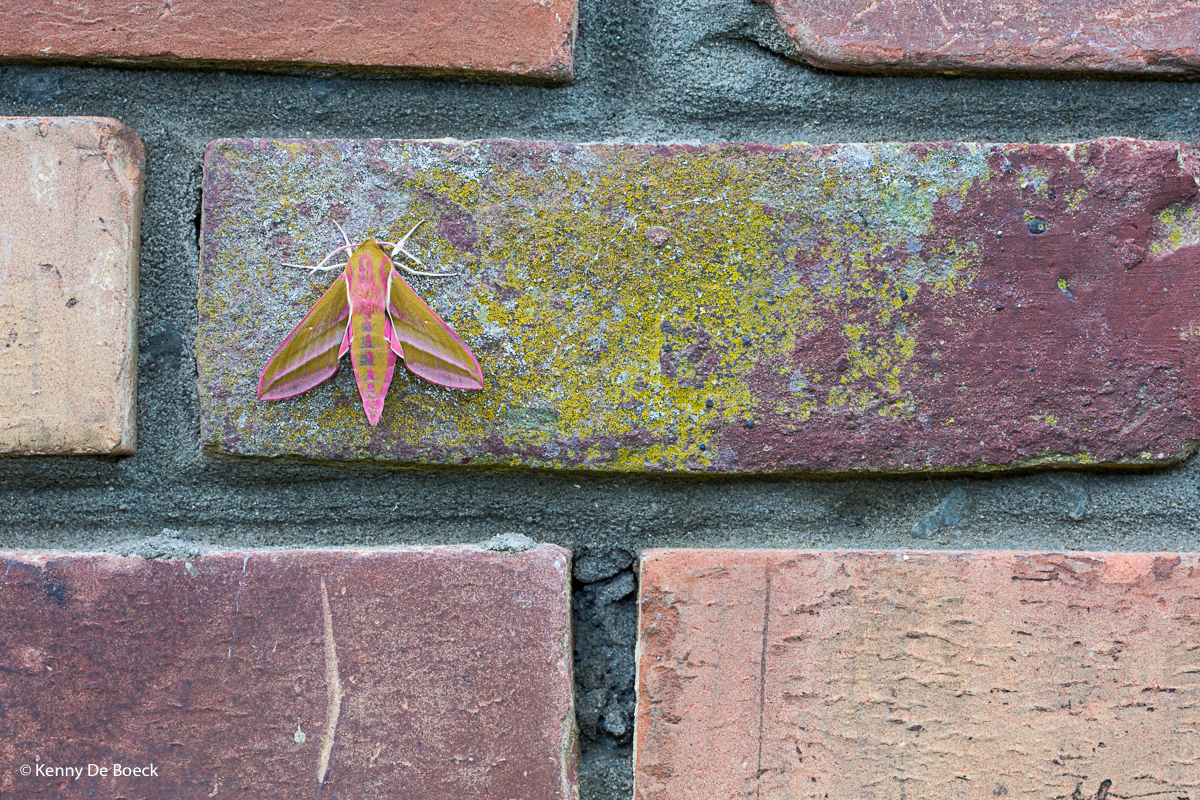
Elephant hawk-moth
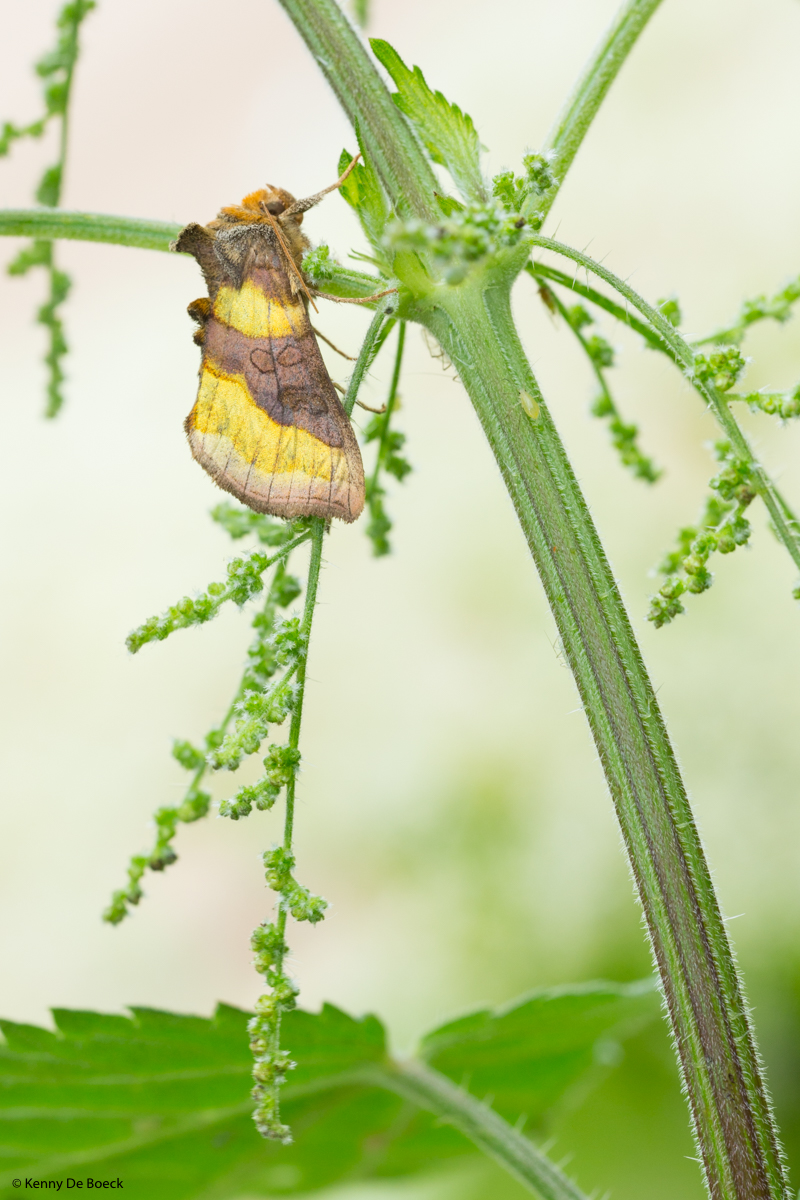
The burnished brass
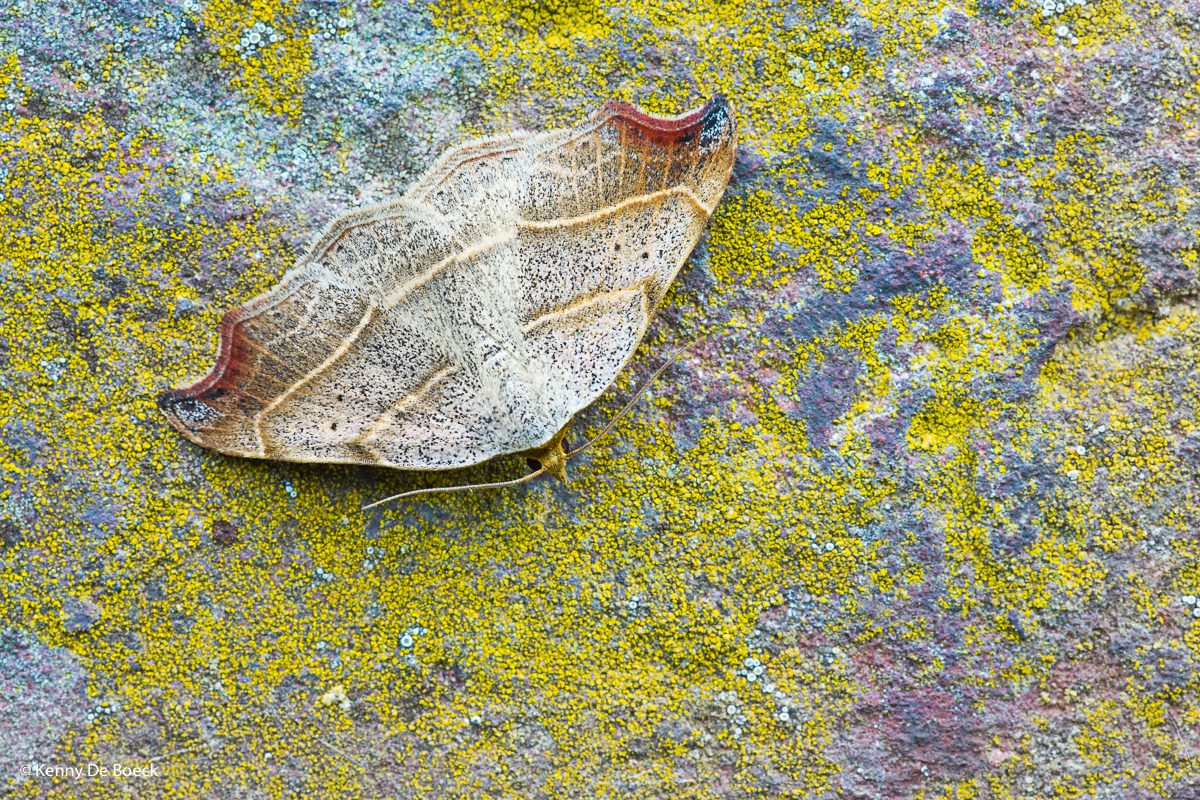
The Beautiful Hook-tip
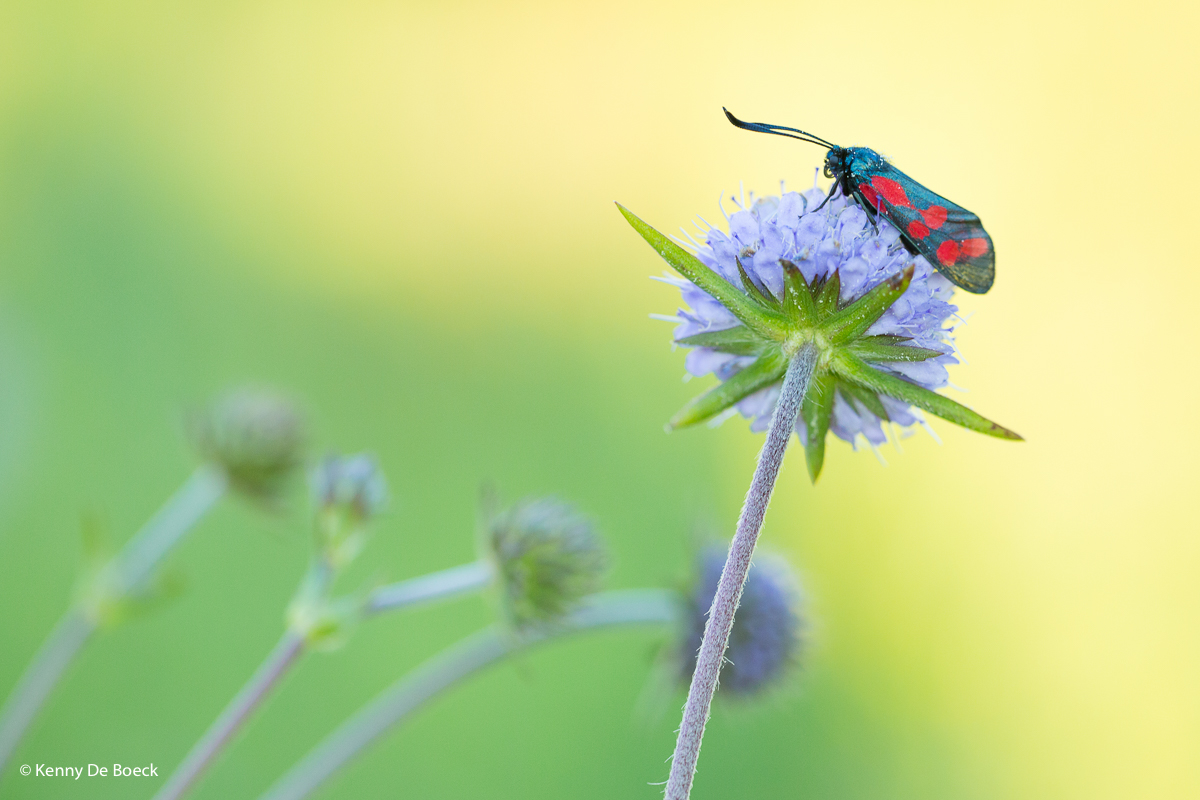
Six-spot burnet
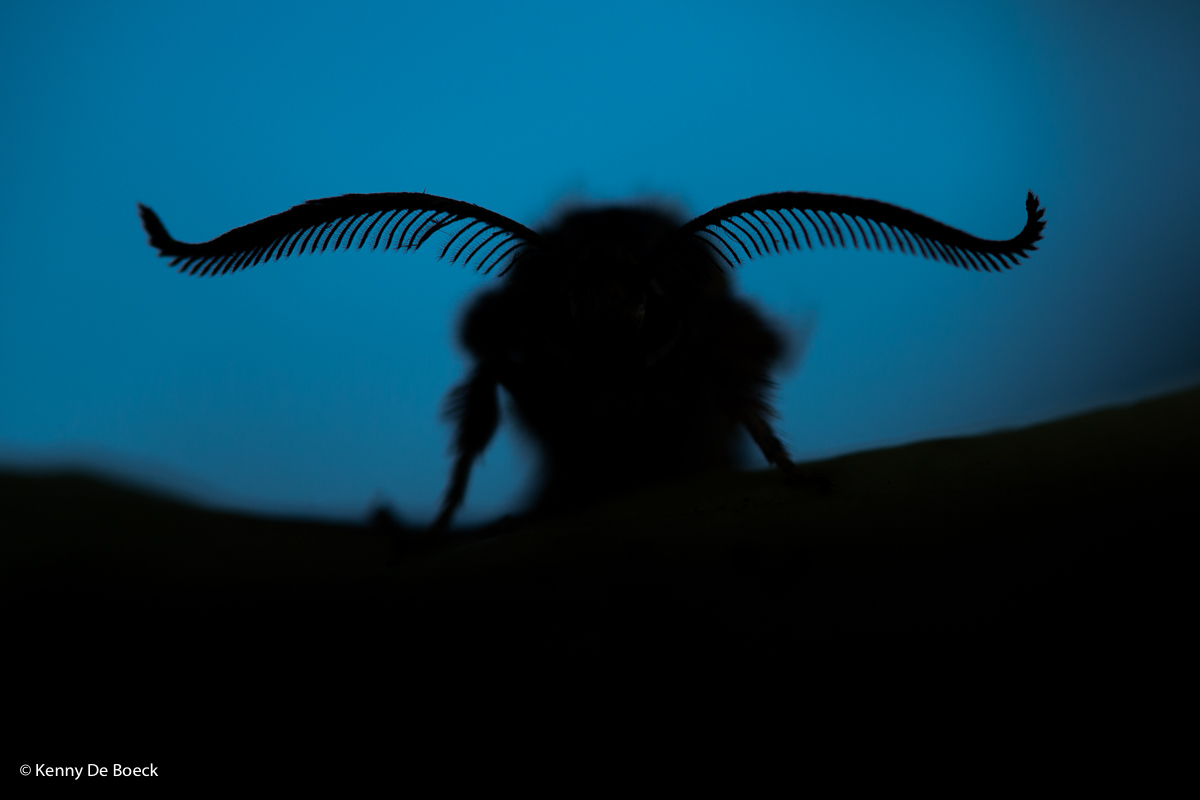
The raspberry clearwing
Will 204 species be the end? According to the species estimator formula from Chao (1984), also know as “the Chao 1 estimator” I still have some species to cover…
the formula = Sobs + F1² / (2 x F2)
Sobs = Total caught species
F1 = species caught once
F2 = species caught twice
That makes around 385 species to be expected…woohoow
Update July 2019: 401 species.
Update August 2020: 448 species. …well byebye Mr. Chao
